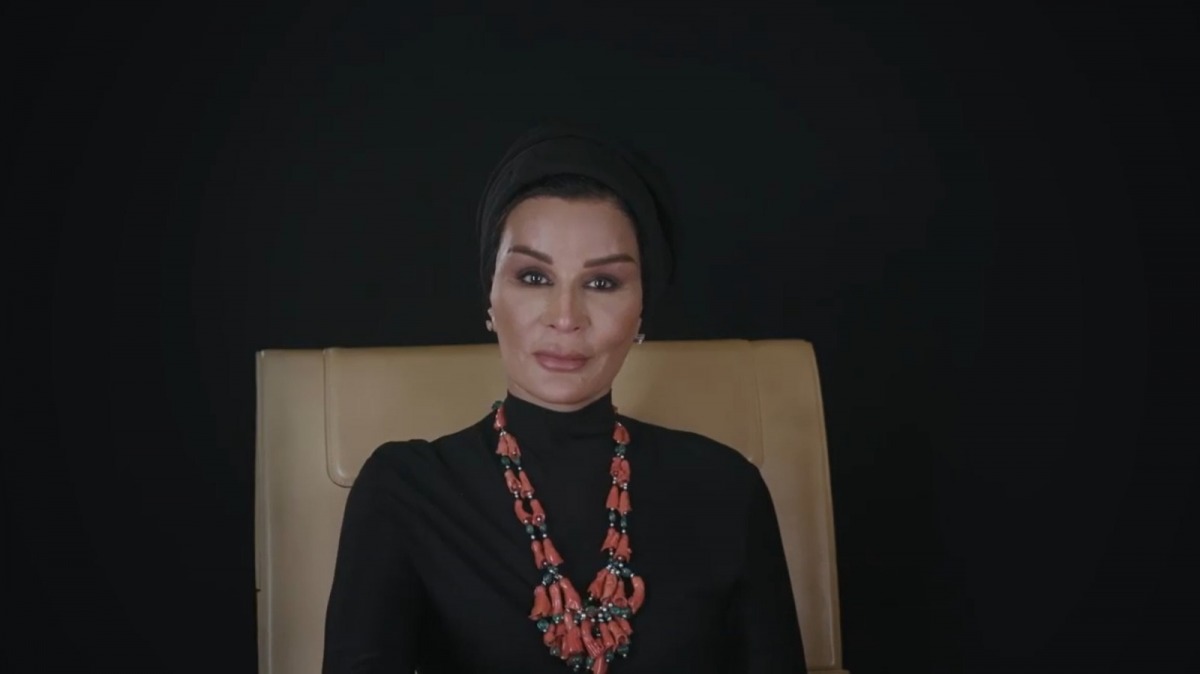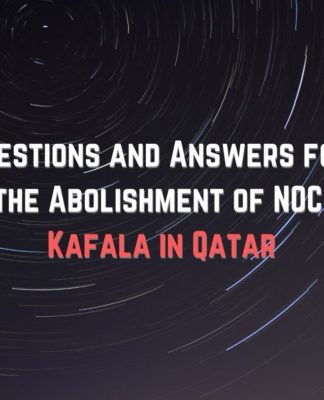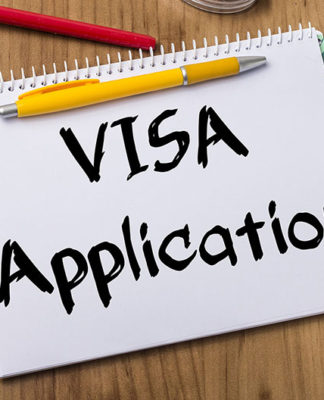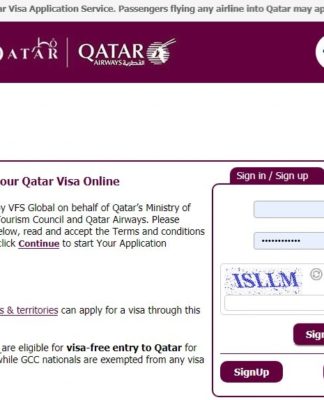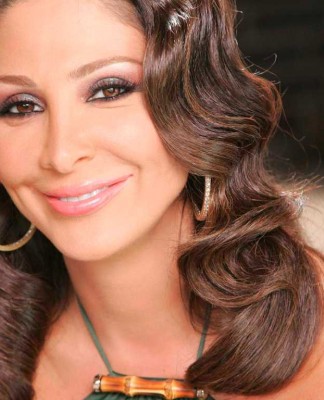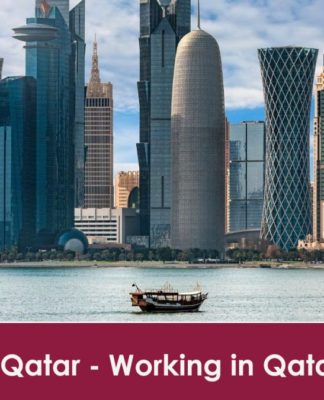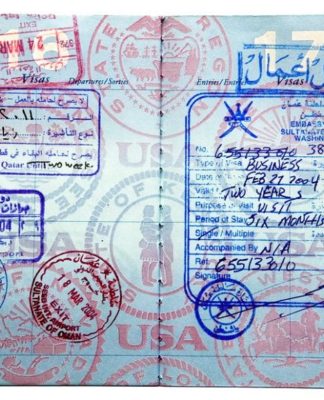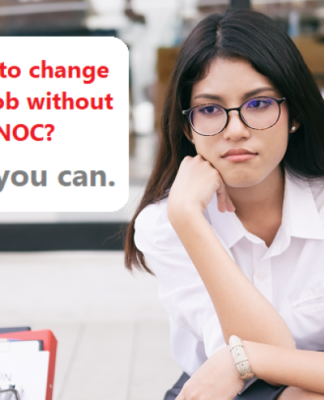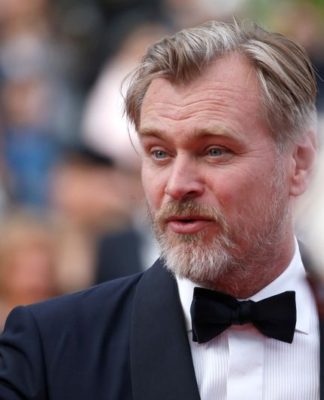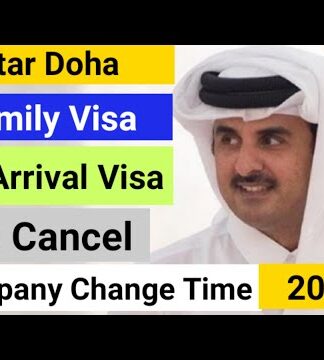Her Highness Sheikha Moza bint Nasser, Chairman of the Education Above All Foundation, a member of the United Nations Sustainable Development Goals Advocates Group, called for the importance of cooperation between various sectors to develop inspiring solutions, to make digital education a comprehensive right for children and youth around the world, Especially the marginalized of them.
Her Highness, during a speech she gave today, at an extraordinary session of the Global Education 2020 Meeting on “Education After the Pandemic / Covid-19 /”, which was hosted by the governments of Ghana, Norway and the United Kingdom, in addition to the United Nations Educational, Scientific and Cultural Organization / UNESCO /, Highlighting the central necessity of digital communication in the field of education to confront the unfair digital divide, she said: “We must rise to the level of the challenge by democratizing digital learning, humanizing technology and working to amend school curricula .. We must also unite through Different sectors to make digital learning truly inclusive of the most marginalized children and youth around the world.
She added, “We will not be able to return to the traditional style of education, which is measured by the amount of knowledge” deposited “in the minds of students … We need to develop techniques that support personal learning, so that learners can move forward at their own pace and teachers can adapt to the special needs and circumstances of students. without interruption”.
Her Highness also indicated that the Covid-19 pandemic has shown the creativity of the human mind when it faces existential challenges that inspire educational solutions around the world, calling on companies to invest in these proposals, saying: “I ask technology companies to advance and contribute to filling The digital divide by directing its efforts to develop and expand these innovative radical solutions..the only way forward is innovation and cross-sector collaboration .. let us seize this moment to build a new future – a future that leaves no one behind in digital learning.
The session was attended by His Excellency President Nana Akufo Addo, President of the Republic of Ghana, His Excellency Mr. António Guterres, Secretary-General of the United Nations, Mrs. Erna Solberg, Prime Minister of Norway, and His Excellency Audrey Azoulay, Director-General of UNESCO, as well as the British Minister for International Development. Baroness Elizabeth Soj, as well as Ms. Stefania Giannini, Assistant Director-General for Education at UNESCO, Ms. Jayathma Wickramanayake, the Secretary-General’s Envoy on Youth Affairs, and others.
In response to the unprecedented global social and economic crisis caused by the Covid-19 pandemic, the session brought together the experiences of the United Nations system and partners in the field of education, to agree on a set of global priority actions to be taken by the end of 2021, in order to revive and strengthen education systems in the whole world.
Recent studies indicate an alarming magnitude of the impact of the Covid-19 epidemic on education budgets, as well as strong evidence that confirms that early and sustainable investment in education would reduce long-term costs, to achieve the goal of sustainable development in education and increase social and private returns alike. To achieve other sustainable development goals.
It should be noted that the Global Meeting on Education / GEM2020 / is a unique platform for exchange between high-level political leaders, policymakers and global educational actors, to protect and rethink education worldwide today and in the post-pandemic phase / Covid-19 /. In order to agree on global priority actions, to promote education and progress within the framework of “ten years of work” to achieve the goals of sustainable development.
The high-level meeting committed to adopting the declaration of the Global Meeting on Education 2020, with the aim of achieving global actions at the level of each of the member states of the United Nations, the steering committee on achieving the fourth sustainable development goal on education to 2030, and the collective consultation of NGOs on the agenda Providing Education for All to 2030 / CCNGO /, multilateral organizations and regional organizations, as well as other stakeholders.














